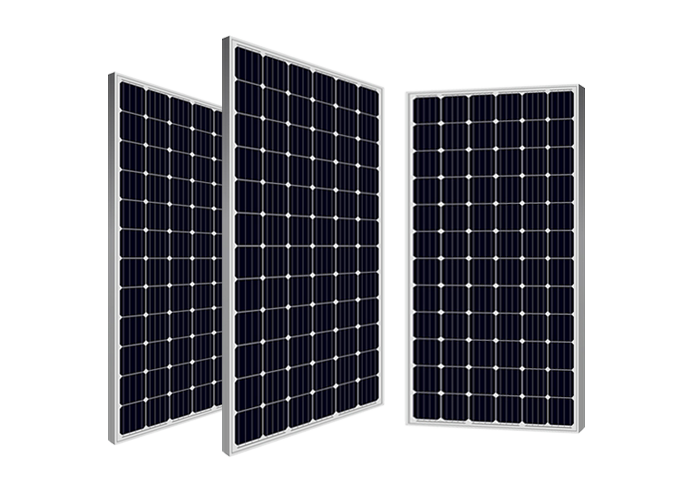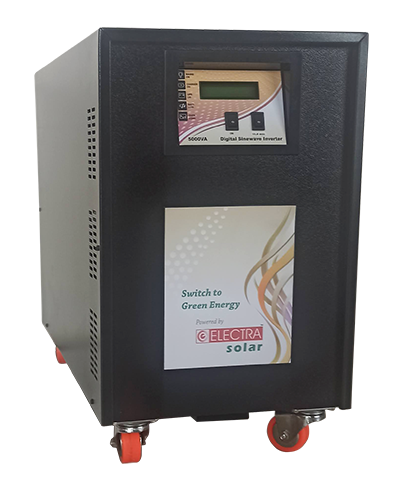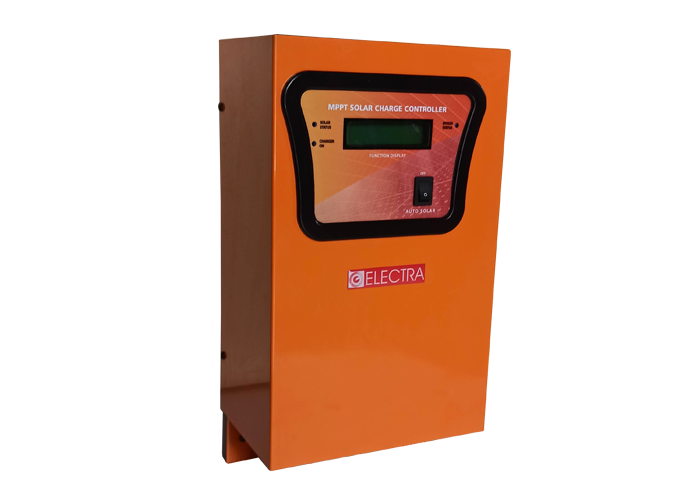
Off-Grid Solar Power System
One of the main types of the solar power system is Off-grid — also known as a stand-alone power system. It works by generating electricity from solar panels and using it to charge a solar battery via a charger controller.
That electricity is then converted using an inverter so that it can power the home or business appliances. By saving the electricity in a solar battery, it is possible to run home with solar energy, even at night or during times when there is less sun exposure.






Models Available
850VA to 20KW
1. No access to the utility grid
Off-grid solar systems can be cheaper than extending power lines in certain remote areas.
2. Become energy self-sufficient
Another big advantage of going off grid is that, 100% independence from electricity retailers. Need not to pay anything for electricity costs, and 100% insured against rising energy prices. System also protects from grid-tied power failures or blackouts. Living off the grid and being self-sufficient feels good. Energy self-sufficiency is also a form of security. Power failures on the utility grid do not affect off-grid solar systems.
Off-Grid Solar Power System
Solar Inverter
Sine-wave Inverter
Solar Charge Controller
Online UPS
Sine-wave UPS
Battery
Solar Panels
90 20 99 62 08, 90 74 29 89 68
WHATTSAPP: 93 87 47 13 19
PROLOG SOLUTIONS
NH-544 (Nh-47), Desom Post, Aluva, Kerala-683102.


